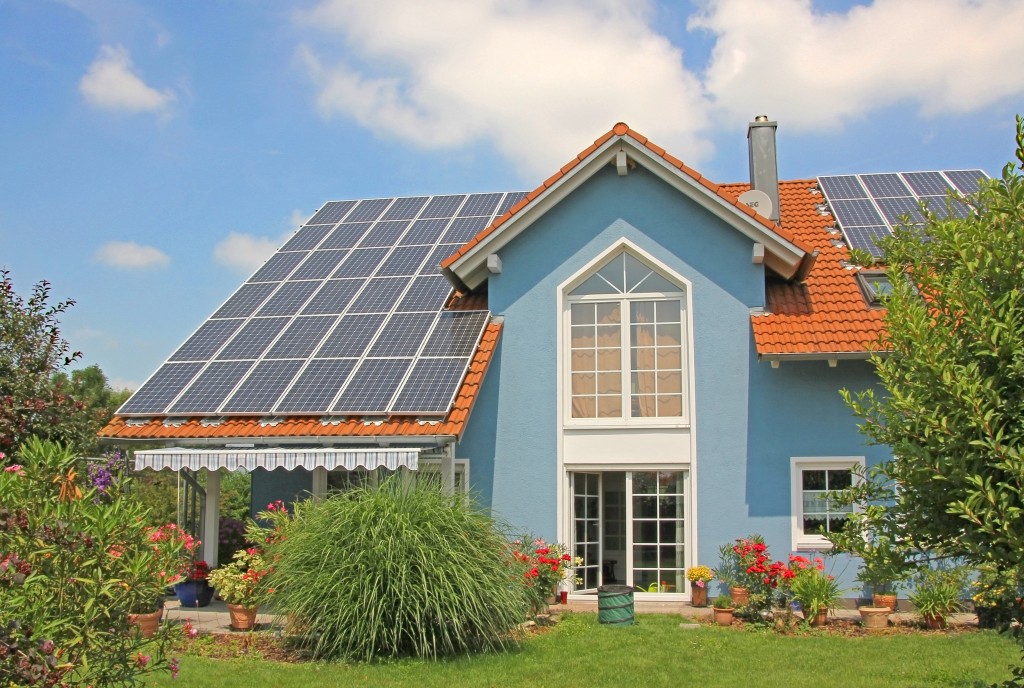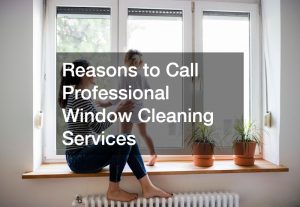Being a homeowner doesn’t end at the purchase of a house. It’s a big financial responsibility and an even larger personal responsibility to keep it in tip-top shape. You need to put in the time and effort it takes to keep your home fit for your family.
If you’re a new homeowner, it can be very intimidating to even think of home maintenance. You may feel like there’s a lot to go over, which is true. However, you can focus on certain systems to save money and be efficient.
Do I Really Need to Check?
Offices get yearly boiler checks, fire extinguisher refills, and hazard checks and so should your house. Many home systems and appliances in constant use (and abuse) need routine checks. The last thing you want is something breaking on you, making you spend more than necessary for repairs, or worse, injuries sustained from busted systems.
Weekly Maintenance
Emergency Exits
Make it a habit to check that no emergency exit is stuck or locked. You never want to find out something like this before it’s too late, and it’s as simple as simply trying out to see if it still opens or not. This can be done every weekend or so, making it part of your home cleanup routine.
Vacuum Your Floor
Things inevitably get dropped on the floor; people track in dirt from the outside. You never really know what’s on the ground. There may be sharp debris that can scratch or wound family members, and this can easily be prevented by routinely vacuuming your floor and other surface areas.
Monthly Maintenance
Check Your Fire Extinguishers
If you don’t have one (or few) already, get one. Fire extinguishers should always be nearby fire hazards, like the kitchen or places where there are a lot of electrical outlets. Make sure that they’re in an easy to access area that isn’t blocked by anything. Look at the fire extinguisher to see if the gauge has appropriate pressure and shows no signs of being punctured.
Look for Leaks
Although you may think you’ll immediately know when something’s leaking, water droplets accumulate very slowly. This doesn’t mean they can’t cause damage; they surely can as the mineral deposits in water can affect the consistency of pipes, floors and other materials. Water pooling or even moisture around electrical outlets and plugged in appliances could cause a fire in the house or electrocute someone.
Inspect Your HVAC Filters

Changing your filters monthly is common advice, and it’s for good reason. They can gather dust and dirt, potentially triggering allergies. This is especially the case when you live in a home with furry friends because their fur travels to the air and gets circulated all over. It’s best to use cheaper filters that can be replaced more often than expensive filters that last long since fresh filter is always the best one for indoor air quality.
Quarter to Biannual Checks
Make Sure Your Detectors Have Batteries
Smoke detectors, CO2 detectors and other alarm-based devices need a fresh set of batteries after a few months or so. Make sure that the battery compartments aren’t corroded as well since it can prevent power from getting through. There should also be a test button in such devices, if the alarm goes off, then you’ll know you’ll be alerted to any dangers in the home. If not, best to replace the batteries or the detector itself.
Look for Exterior Damage
Our house is our number one protection from the elements, but it can still suffer from damage. Rain, sunlight, snow and other harsh elements can do quite the number on our houses. Inspect whether there are any leaks from the roof, holes in the wall, or any cracks on the foundation. This ensures safety and could potentially save you from thousands of dollars in repairs- especially if you spot damage early enough to be remedied.
Your home can be costly to keep, depending on the size and age. But what you put into it financially will be worth the spend because your home should be designed for comfort and safety. When you get ahead of repairs and look after the most-used systems and appliances, you ensure protection for your family.











